After Birth Menstruation : A Valuable Guide Through Periods After Delivery for Powerful Motherhood.
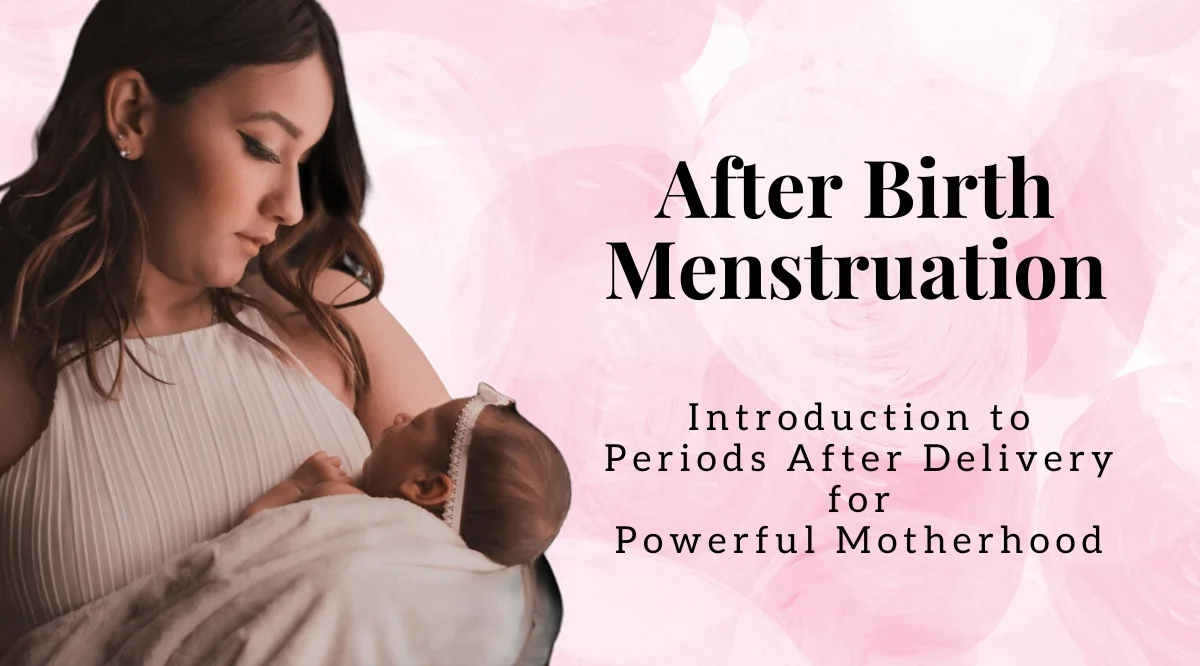
After birth menstruation – a chapter of motherhood often overlooked yet significant in its own right, but let us take a moment to acknowledge a remarkable journey you have embarked upon. As a new mother, you have experienced the miracle of childbirth, welcoming a precious life into the world.
Along with overwhelming joy and love you may may also find yourself navigating the complexities of postpartum changes including the return of your menstrual cycle – after birth menstruation. With this blog we will embark on a journey that may help you with the knowledge and support that you, as a new mother, may need to embrace this phase of postpartum with confidence and grace.
Introduction to After Birth Menstruation
Welcome, new moms! This beautiful and incredible journey of motherhood comes with many changes and these changes need a lot of adjustments so that you can navigate through this journey in a brilliant way. This journey includes a lot of care for your newborn and your own self-care. One such thing you need to navigate is, after birth menstruation.
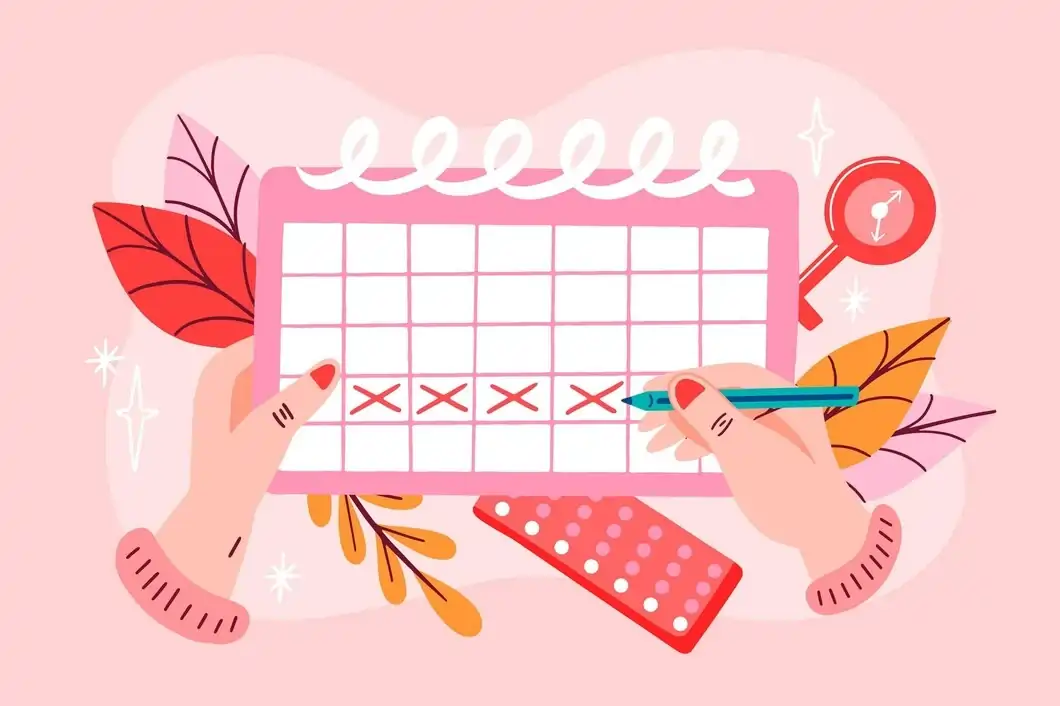
With this blog we will explore few things that you may need to know about after birth menstruation, including its significance, timing, what to expect during your first menstrual period after childbirth, self-care information, and the importance of seeking support from healthcare providers.
1. Decoding After Birth Menstruation
After birth menstruation, also referred as the start of menstrual cycle after childbirth, marks a significant milestone in your postpartum journey. As a mother, your body has undergone remarkable changes during pregnancy and childbirth, and after birth menstruation signals the beginning of body’s return to its pre-pregnancy state and the ability to recover post childbirth. However, it may vary for each women, depending upon the type of delivery, hormonal changes, etc.
2. Exploring the Duration and Timing of Periods After Delivery
Postpartum periods, or the periods after delivery, can vary in duration and timing for each woman. When will you get periods after childbirth? This depends on the various factors. Factors such as breastfeeding, hormonal fluctuations and the ability to recover with good postpartum care, all play a significant role in it.
Some women or new mothers may experience their first postpartum period shortly after childbirth, while other mothers may not see it return for several months. For example, while you are not breastfeeding your postpartum periods may typically return in 6 to 9 weeks and for breastfeeding mothers it may take a little longer, while for some irrespective of feeding technique it may vary from weeks to months.
3. Do the Periods Affect Your Breastfeeding?
The menstrual cycle may affect your milk supply if you are a nursing mom, and you get your periods. Your milk supply may be affected in the time between ovulation and when you get your period. It may also affect the taste of the milk during postpartum and this is because of hormonal changes. With a few postpartum snacks on your postpartum diet, you can improve your lactation during your postpartum journey.
4. What to Expect in Your First Period After Delivery?
Your first menstrual period after childbirth can bring about a range of changes and experiences whether you have delivered your baby normally or cesarean. It may be irregular, may have a lot heavier blood flow than usual, accompanied by symptoms like cramping and mood swings. These changes are entirely normal as your body adjusts to the postpartum period. Knowing what to expect can help alleviate any concerns and prepare you for this new phase of your journey.
Please note that the early flow of blood or bleeding and vaginal discharge with the tissues that appears in clots post childbirth is known as lochia. This discharge may stay there for about 4 to 6 weeks until your period arrives.
5. Prioritizing Self-Care During the Postpartum Period.
Self-care is an important and essential aspect for new mothers during the postpartum period, including after birth menstruation. Remember to prioritize rest, to intake good nourishing foods for the postpartum diet, hydration, and gentle exercise to support your body’s recovery. Support from loved ones can also help ease the transition into motherhood and the return of your menstrual cycle.
6. Support from Healthcare Providers
It is also advisable to reach out to the healthcare providers for support and guidance during the postpartum period. Whether you have questions about birth menstruation, concerns about first period after delivery, or having symptoms like bleeding with severe pain, continuous bleeding, trouble breathing, sudden fever etc.
Conclusion:
As you embrace the journey of after birth menstruation and the postpartum period, remember mothers that you have to be kind to yourself and to be patient. As getting your first period after delivery is a part of your postpartum journey, recovery and getting back to your post pregnancy body.
Every mother’s experience is different, such as the return to the menstrual cycle. For some it may be delayed because of breastfeeding and for some it may be because of hormonal changes. If you feel any symptoms like swelling or redness in the calf muscles, difficulty in breathing, heavy blood loss, high temperatures etc., then you should consider seeking support and guidance from the healthcare providers along the way.
By understanding the significance of after birth menstruation or periods after delivery, prioritizing self-care, you can navigate this transformative time with confidence and grace.
FAQ’s
Q1. When does menstruation after birth starts?
A. A mother can experience after birth menstruation cycle anytime from the 6th or 8th week post childbirth.
Q2. Does breastfeeding affects periods after delivery?
A. Yes, you may experience a delay in the return of your menstruation cycle if you are breastfeeding and it is common.
Q3. Will period affect the taste of breast milk?
A. The hormonal changes within the body may impact the taste of the breast milk however it is temporary because of periods.
Q4. Does postpartum periods feel different?
A. Yes, most mothers can experience first couple of periods to be heavier than the pre pregnancy periods.

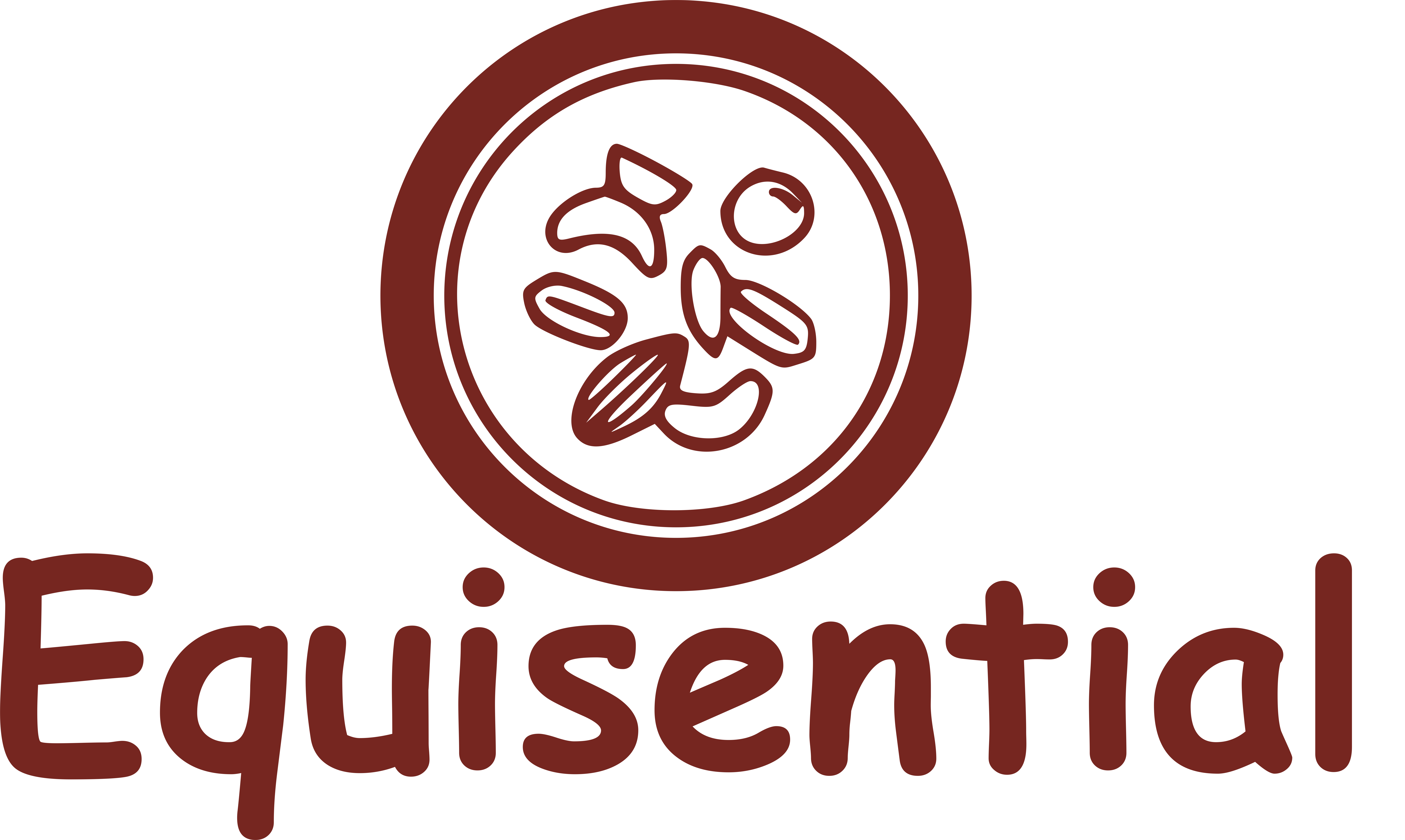
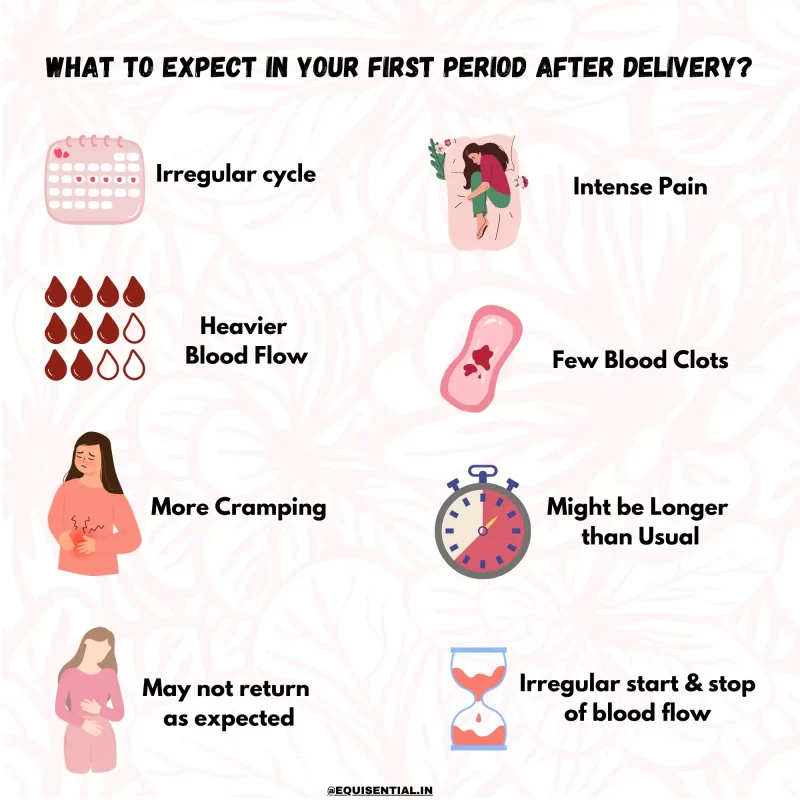
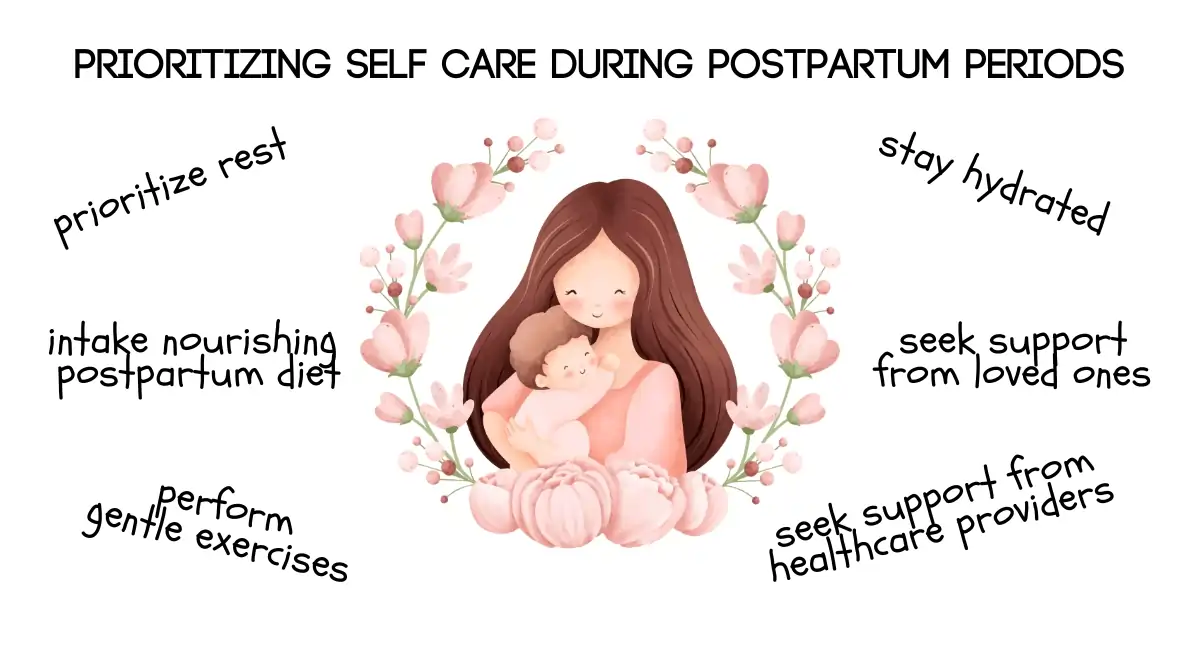

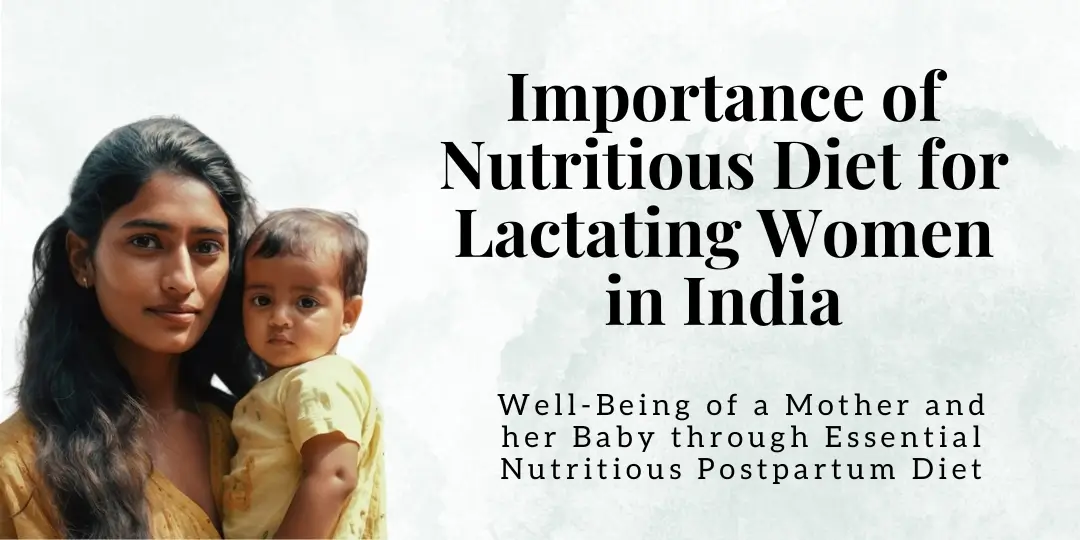
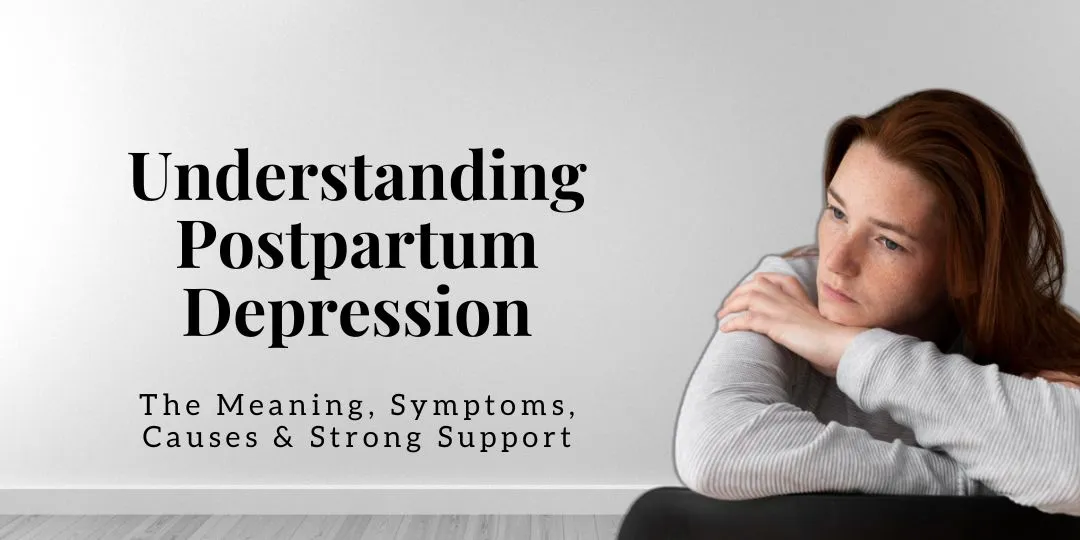

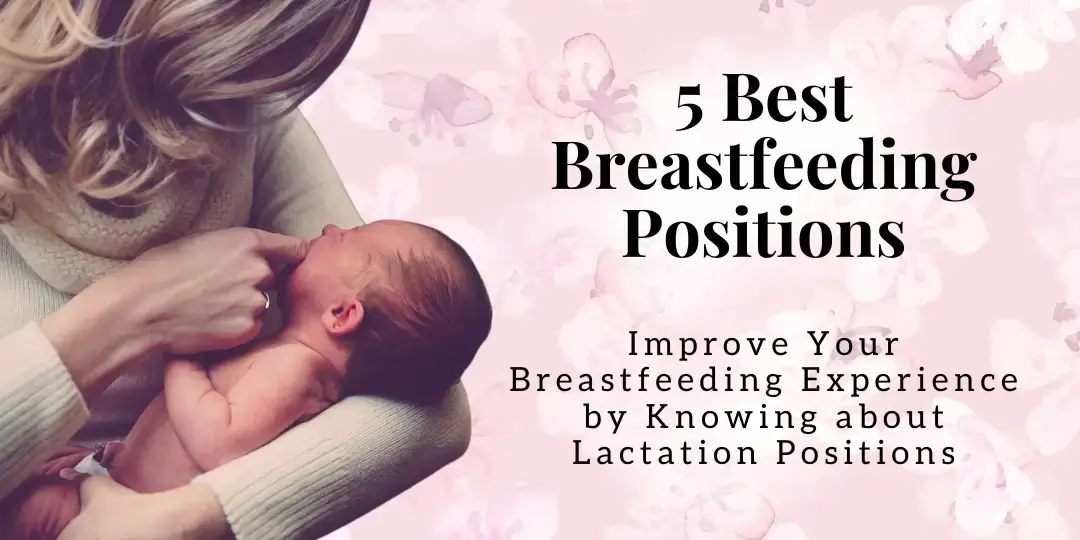
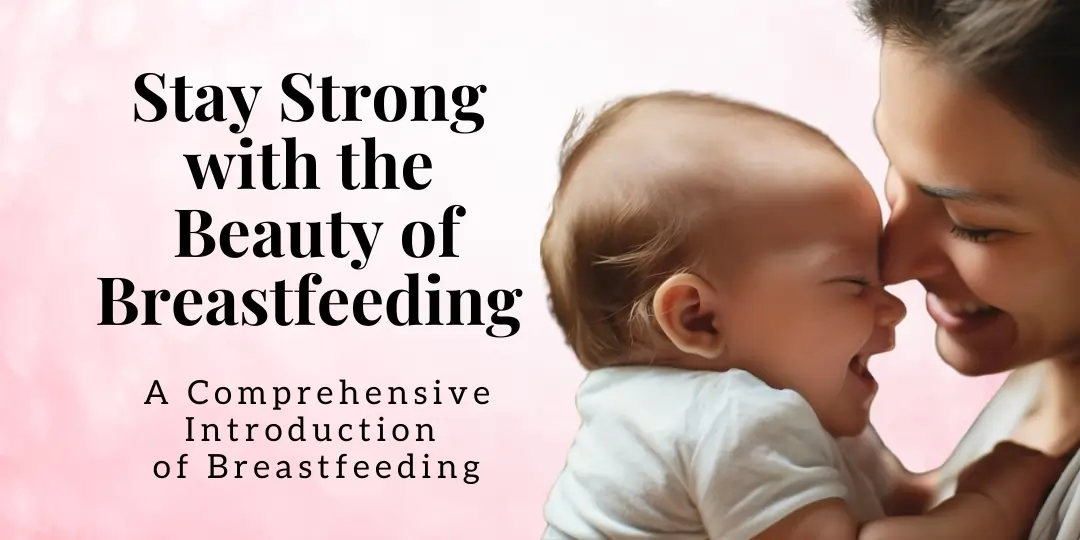
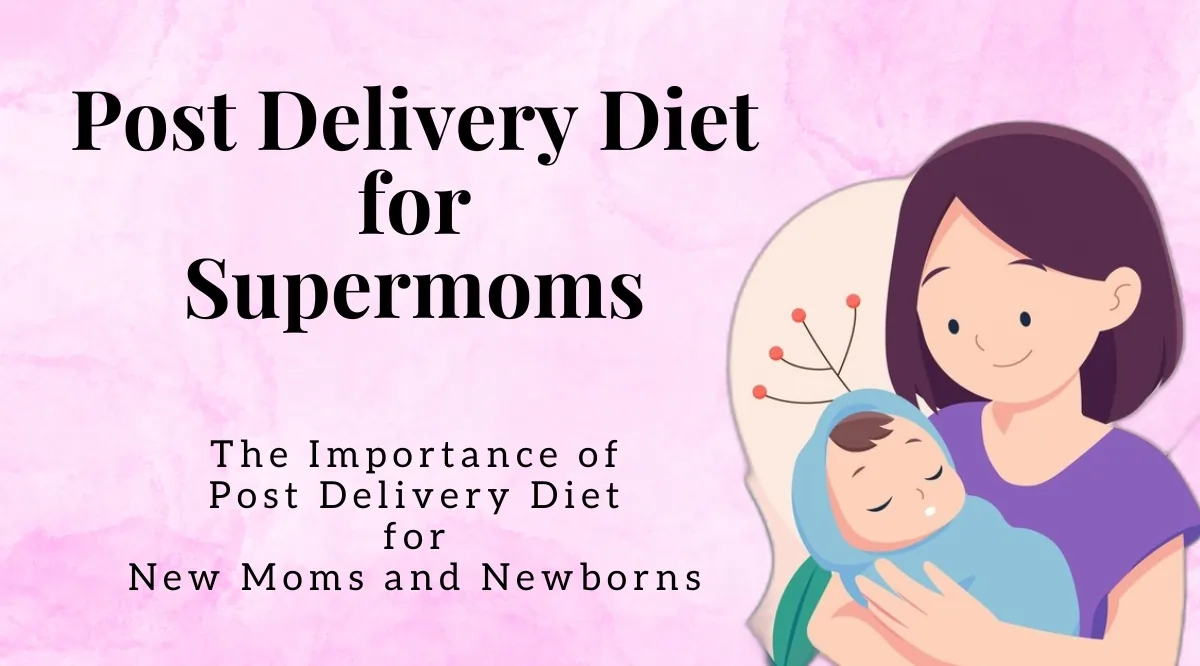
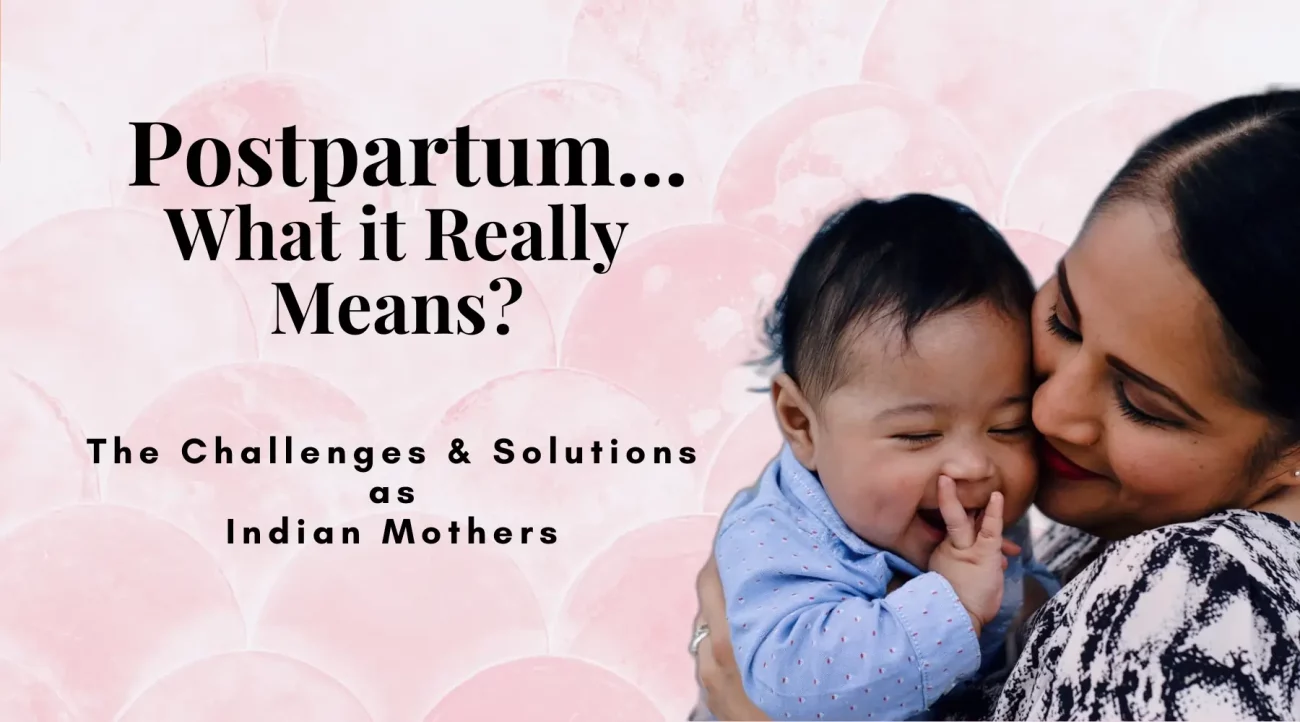
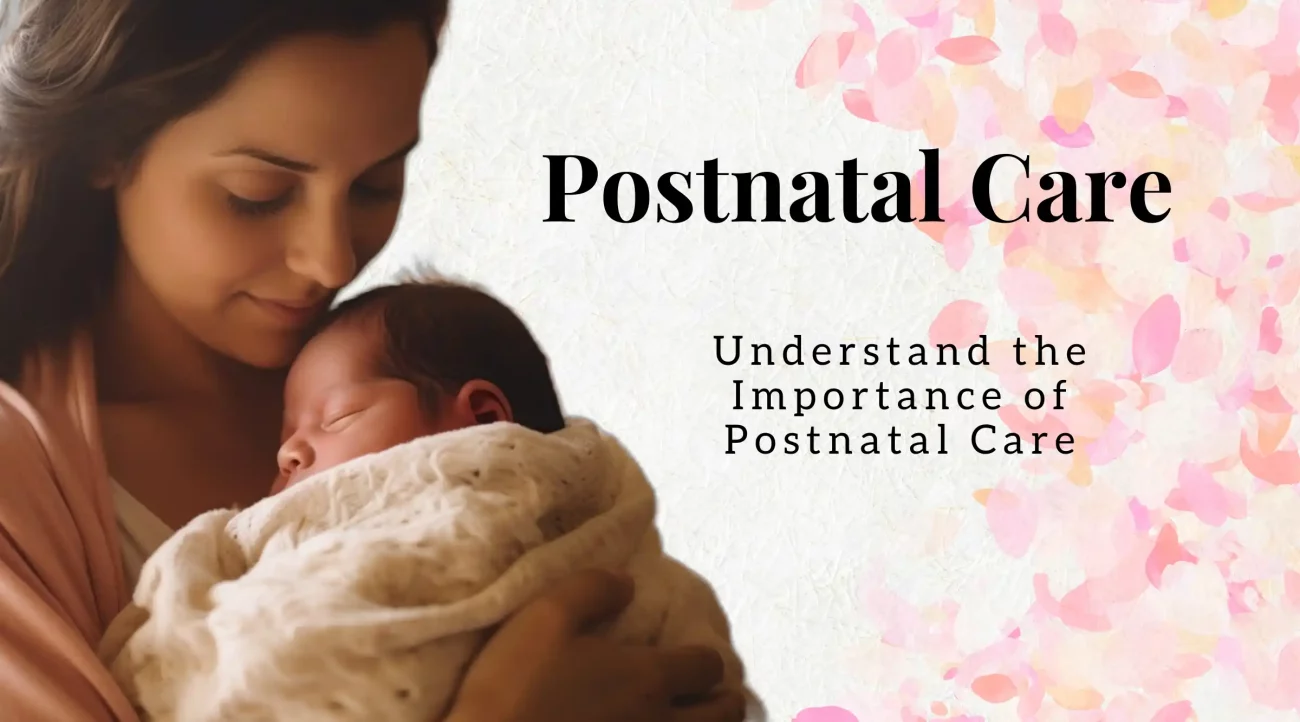

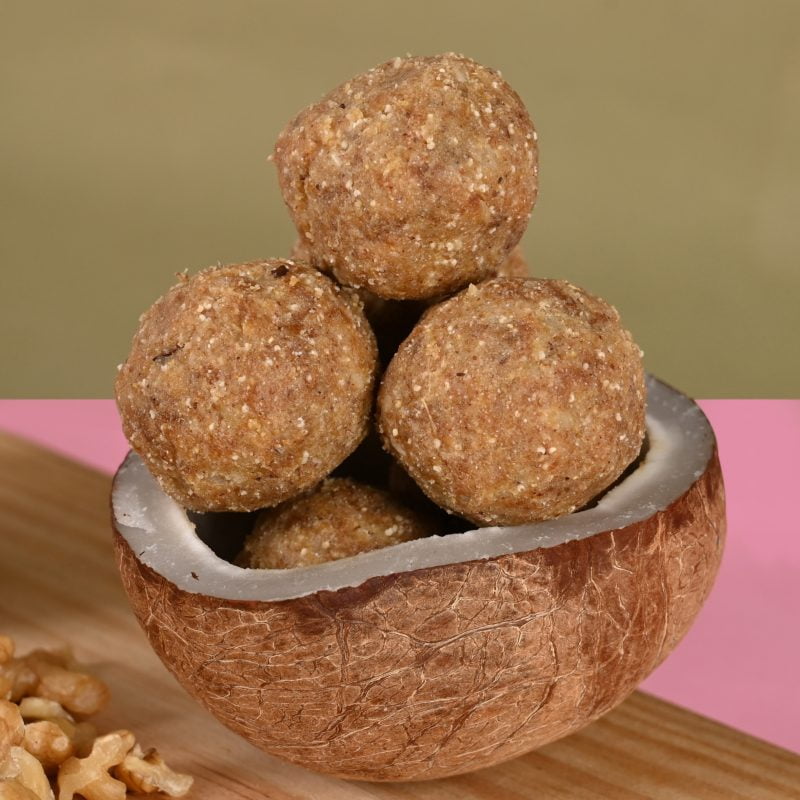

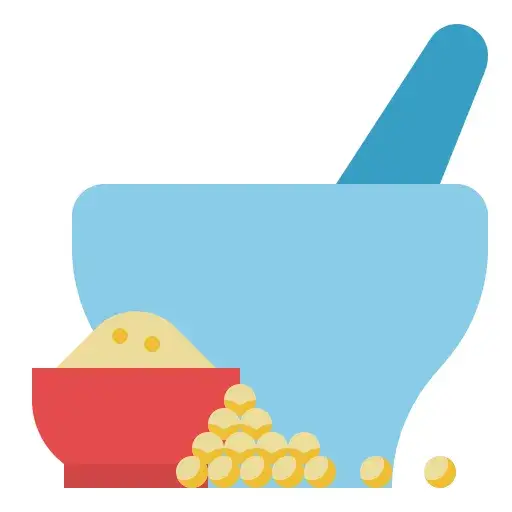







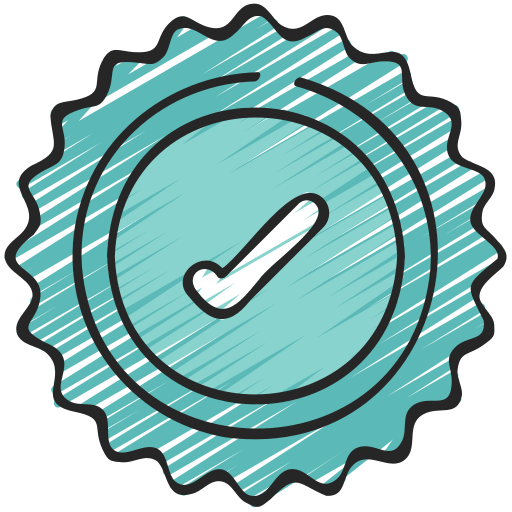


 Healthy Laddu
Healthy Laddu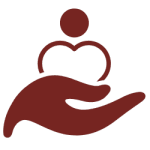 To Be Mom’s Care
To Be Mom’s Care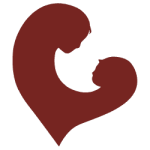 Postpartum Care
Postpartum Care Cookies
Cookies Baby Food
Baby Food Combo Packs – Postpartum Laddu’s
Combo Packs – Postpartum Laddu’s

